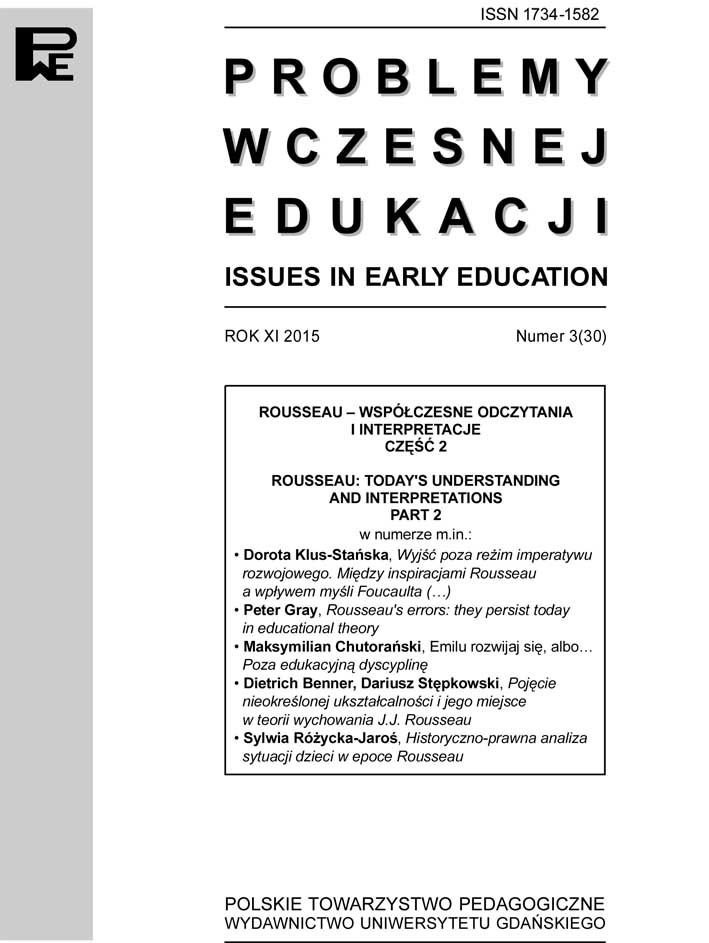Po co matematykom Jan Jakub Rousseau?
DOI:
https://doi.org/10.5604/01.3001.0008.9221Słowa kluczowe:
teoria gier, gry rywalizacyjne, gry kooperacyjne, równowaga Nasha, optimum ParetoAbstrakt
One day, Jean-Jacques Rousseau, who was known mainly as a philosopher and a pedagogue, told a deer hunting story. In doing so, he managed to play a small role in the development of the branch of maths called ‘game theory’. Later his story was converted into a game. Initially game theory was used to explain exchange in the field of economics. Over time, the mathematical modeling was found to be useful in the social sciences. A game theory describes diverse and cognizant participants forced to make decisions. In regards to the game based on cooperation, a choice is at the same time a dilemma. It can be viewed as a moral or philosophical predicament and in addition it gives as an inside into the human psyche and behaviour. Game theory has the potential to offer an attractive mathematical model, useful in analyzing social interactions. Though currently unappreciated by pedagogy, it has the potential to be successfully used in pedagogical studies analyzing conflict of interest of all participants in an educational process.

 Uniwersyteckie Czasopisma Naukowe
Uniwersyteckie Czasopisma Naukowe





